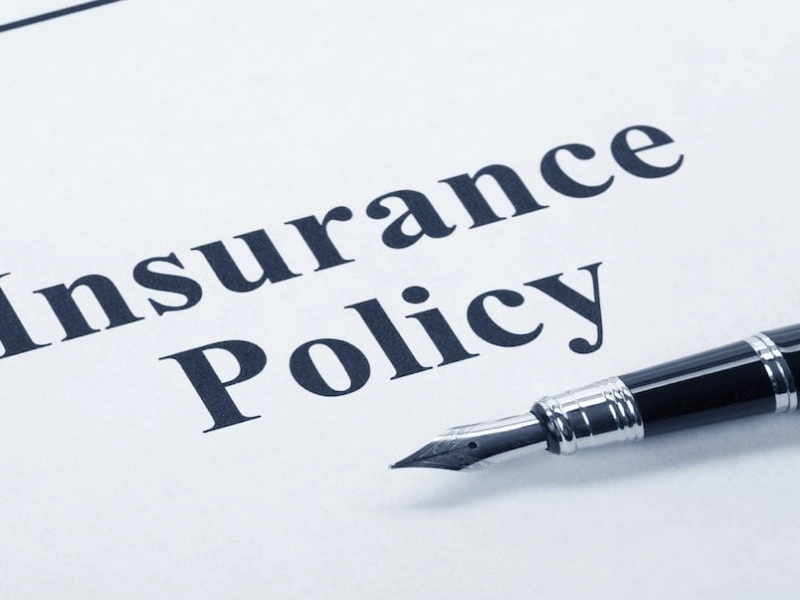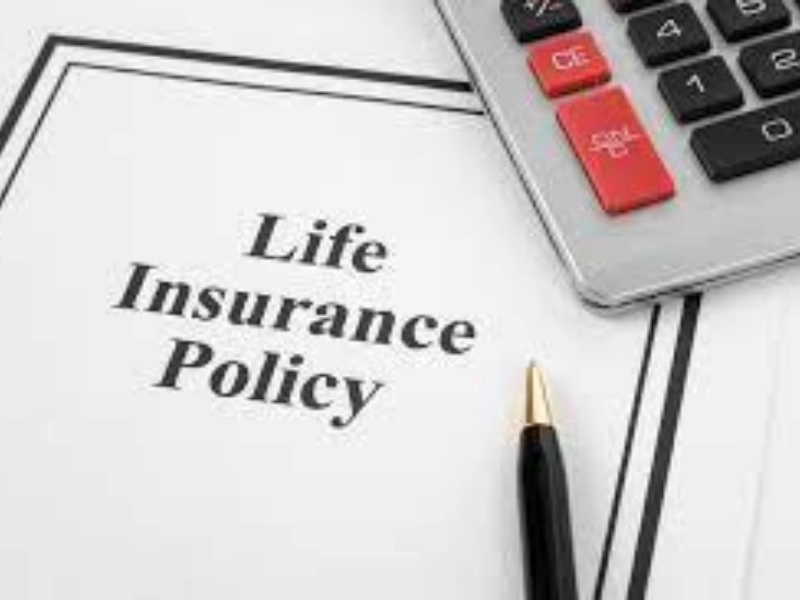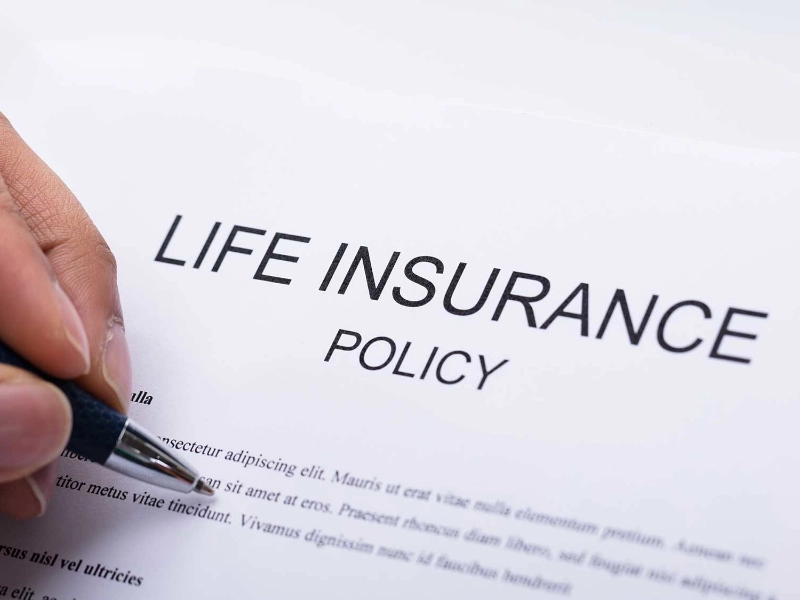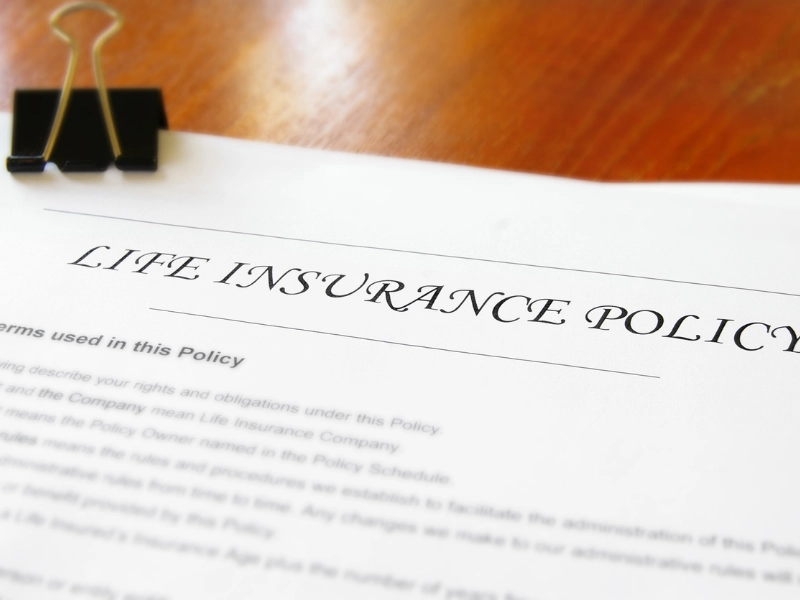5 Finance Errors That May Impact Your Eligibility for Insurance
The majority of financial errors are simple to identify. However, some are more subdued and might significantly affect your financial security. For example, purchasing insufficient insurance may end up costing you in the long term. Make sure your insurance coverage is adequate for your family's needs and current, if you haven't done so recently.
1. Making the most of your resources

2. Purchasing inadequate insurance
 One of the best investments you can make for your family and yourself is purchasing insurance. But there's a thin line between purchasing too little and too much coverage. For instance, should you get sick or have an accident, you may wind up having to pay much more in the long term if you have inadequate health or auto insurance. In a similar vein, buying too little life insurance could prove to be a grave error that you later come to regret.
In a similar vein, drivers who opt to purchase only the bare minimum of state-mandated insurance may find themselves footing the bill for costly repairs or maybe a whole new vehicle in the event that they have an accident or a deer crosses their path. It's crucial to compare prices and choose the best solutions available in order to prevent this.
One of the best investments you can make for your family and yourself is purchasing insurance. But there's a thin line between purchasing too little and too much coverage. For instance, should you get sick or have an accident, you may wind up having to pay much more in the long term if you have inadequate health or auto insurance. In a similar vein, buying too little life insurance could prove to be a grave error that you later come to regret.
In a similar vein, drivers who opt to purchase only the bare minimum of state-mandated insurance may find themselves footing the bill for costly repairs or maybe a whole new vehicle in the event that they have an accident or a deer crosses their path. It's crucial to compare prices and choose the best solutions available in order to prevent this.
3. Lack of emergency savings
 A well-stocked emergency fund acts as a safety net in the event of unforeseen costs, such as a medical bill, house repair, or automobile repair. It can also assist you in getting back on your feet following a job loss by paying for necessities like groceries, utilities, rent or a mortgage, and other living expenses.
Think about keeping the funds in an account that you can quickly access when you need them. It is advisable to hold it in a low-risk, liquid account rather than investing it in erratic securities.
Make sure you only use your emergency fund in cases of genuine need, including a serious injury or loss of employment. If not, the money you've set aside to save for other things in life will be wasted. This might significantly affect your long-term financial objectives.
A well-stocked emergency fund acts as a safety net in the event of unforeseen costs, such as a medical bill, house repair, or automobile repair. It can also assist you in getting back on your feet following a job loss by paying for necessities like groceries, utilities, rent or a mortgage, and other living expenses.
Think about keeping the funds in an account that you can quickly access when you need them. It is advisable to hold it in a low-risk, liquid account rather than investing it in erratic securities.
Make sure you only use your emergency fund in cases of genuine need, including a serious injury or loss of employment. If not, the money you've set aside to save for other things in life will be wasted. This might significantly affect your long-term financial objectives.
4. Not doing any comparison shopping
 Even if you believe your home, auto, or travel insurance coverage is a good value, it's possible that you're not. Before your next renewal, it's wise to compare rates, even if you're satisfied with your present provider. Certain insurers have a reputation for charging current clients more than they do new ones, particularly for plans that are hard to modify (like home or auto). Although it's not always simple, it could be worthwhile to try to get your present firm to reduce your rate. If nothing else, it will assist you in averting future costly errors.
The original version of this article appeared on Forbes.
Even if you believe your home, auto, or travel insurance coverage is a good value, it's possible that you're not. Before your next renewal, it's wise to compare rates, even if you're satisfied with your present provider. Certain insurers have a reputation for charging current clients more than they do new ones, particularly for plans that are hard to modify (like home or auto). Although it's not always simple, it could be worthwhile to try to get your present firm to reduce your rate. If nothing else, it will assist you in averting future costly errors.
The original version of this article appeared on Forbes.
5. Ignoring Your Budget
 One tool to help you achieve your financial goals is a budget. By using it, you can set goals like debt repayment, property ownership, and retirement savings, as well as prepare for unforeseen costs.
If you don't stick to a budget, though, it's possible to miss your savings targets and wind up in a difficult situation. Consistently making irresponsible purchases, whether it is through shopping sprees or overpaying for unnecessary items, may rapidly mount up. It is advisable to directly allocate all salary increases and bonuses towards savings, or allocate a portion of your monthly earnings towards insurance deductibles, utilities, and other regular expenses. By doing this, you'll avoid going over your spending limit and accruing debt. You'll also be spared the anxiety that comes with unforeseen expenses and crises.
One tool to help you achieve your financial goals is a budget. By using it, you can set goals like debt repayment, property ownership, and retirement savings, as well as prepare for unforeseen costs.
If you don't stick to a budget, though, it's possible to miss your savings targets and wind up in a difficult situation. Consistently making irresponsible purchases, whether it is through shopping sprees or overpaying for unnecessary items, may rapidly mount up. It is advisable to directly allocate all salary increases and bonuses towards savings, or allocate a portion of your monthly earnings towards insurance deductibles, utilities, and other regular expenses. By doing this, you'll avoid going over your spending limit and accruing debt. You'll also be spared the anxiety that comes with unforeseen expenses and crises.








